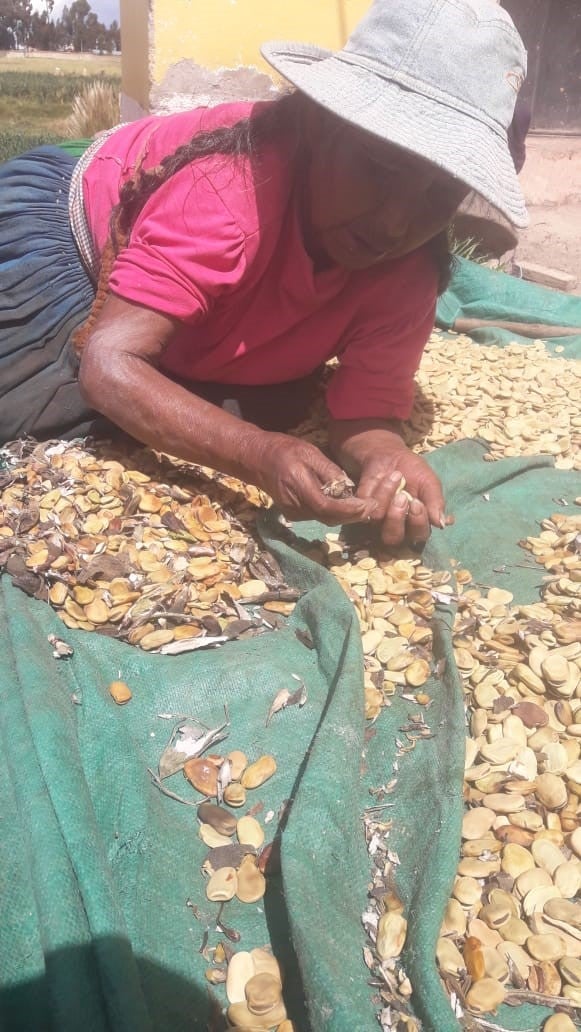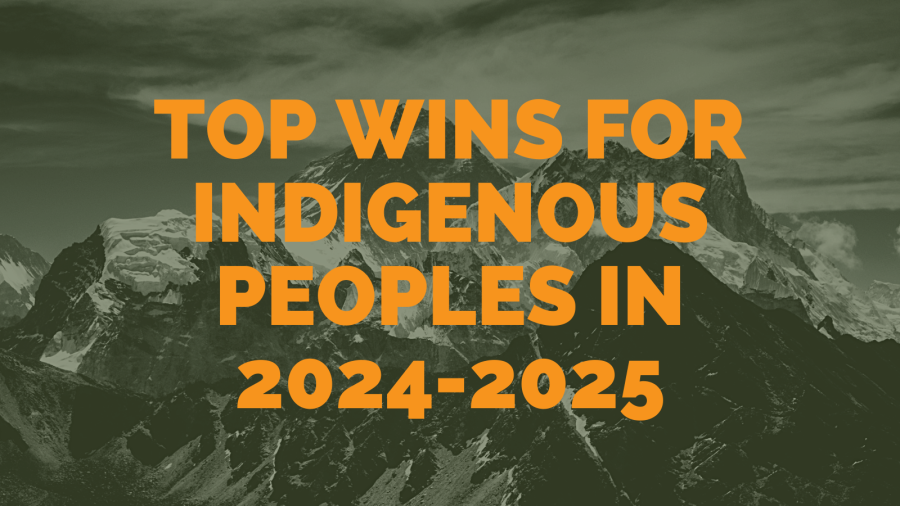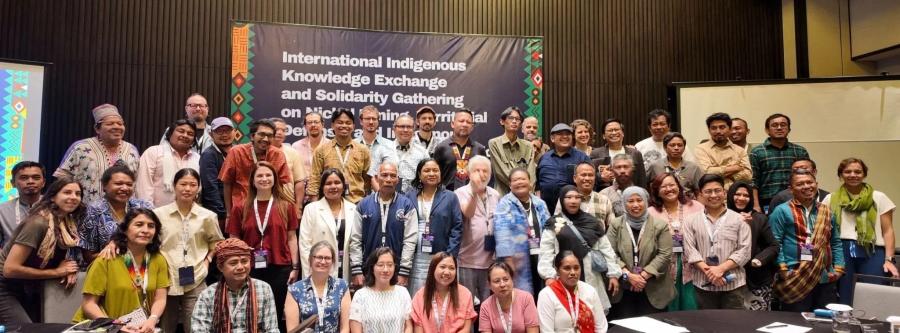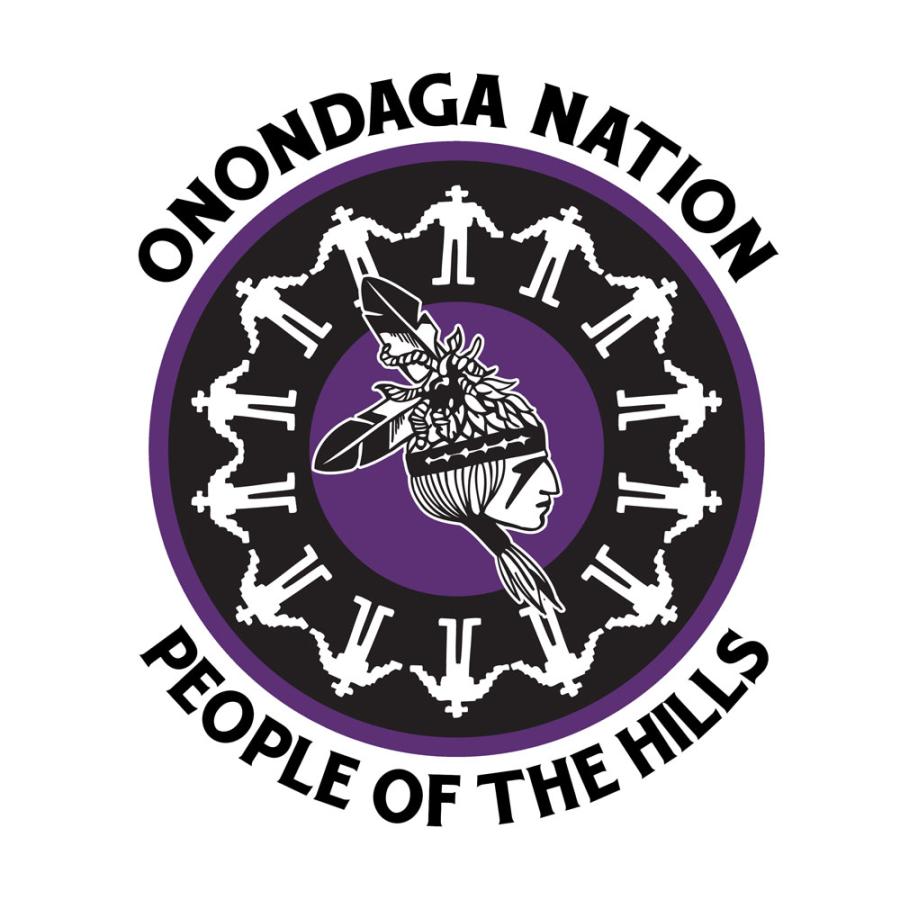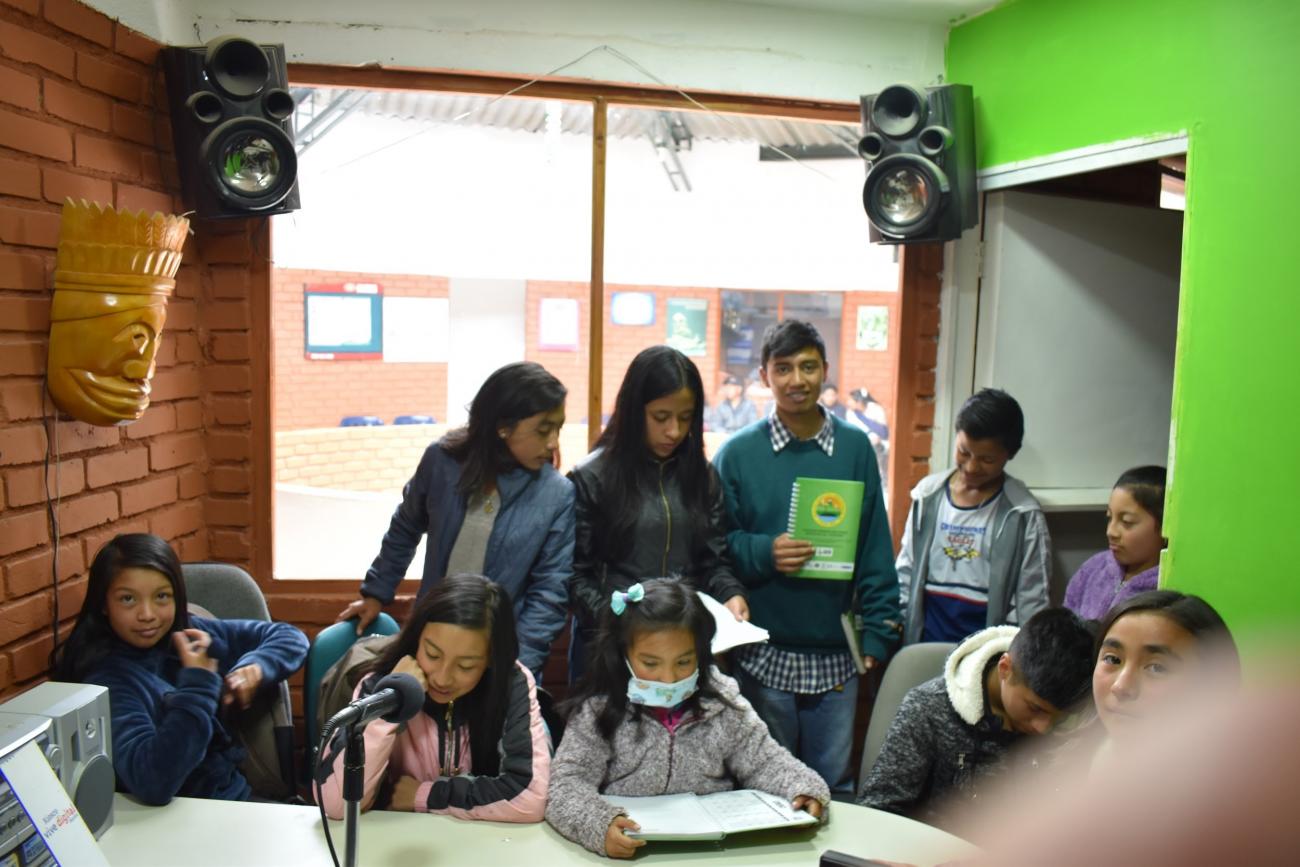
With increasing COVID-19 cases around the world, Indigenous communities are at disproportionate risk. In alarm and response, Indigenous leaders are taking action in protecting the most vulnerable. Indigenous youth are taking a lead by organizing initiatives to protect their elders. At Cultural Survival, we recognize the importance of supporting youth leadership through our Indigenous Community Media Youth Fellowship. Indigenous communities where our youth fellows reside are making drastic adjustments to the COVID-19 pandemic, which put on hold communal activities to respond to the needs of their communities during this difficult time.
Indigenous elders are keepers of ancestral knowledge and the pandemic has demonstrated a difference of Indigenous-led response as opposed to mainstream action. Traditional medicine and food systems have become resources in helping people keep a positive frame of mind and have presented opportunities for creating new spaces for reconnection. Fellows continue their advocacy during the pandemic in creating alternative ways to protect their knowledge keepers and natural world and to revitalize their traditions and languages to build a better future for the next generations.
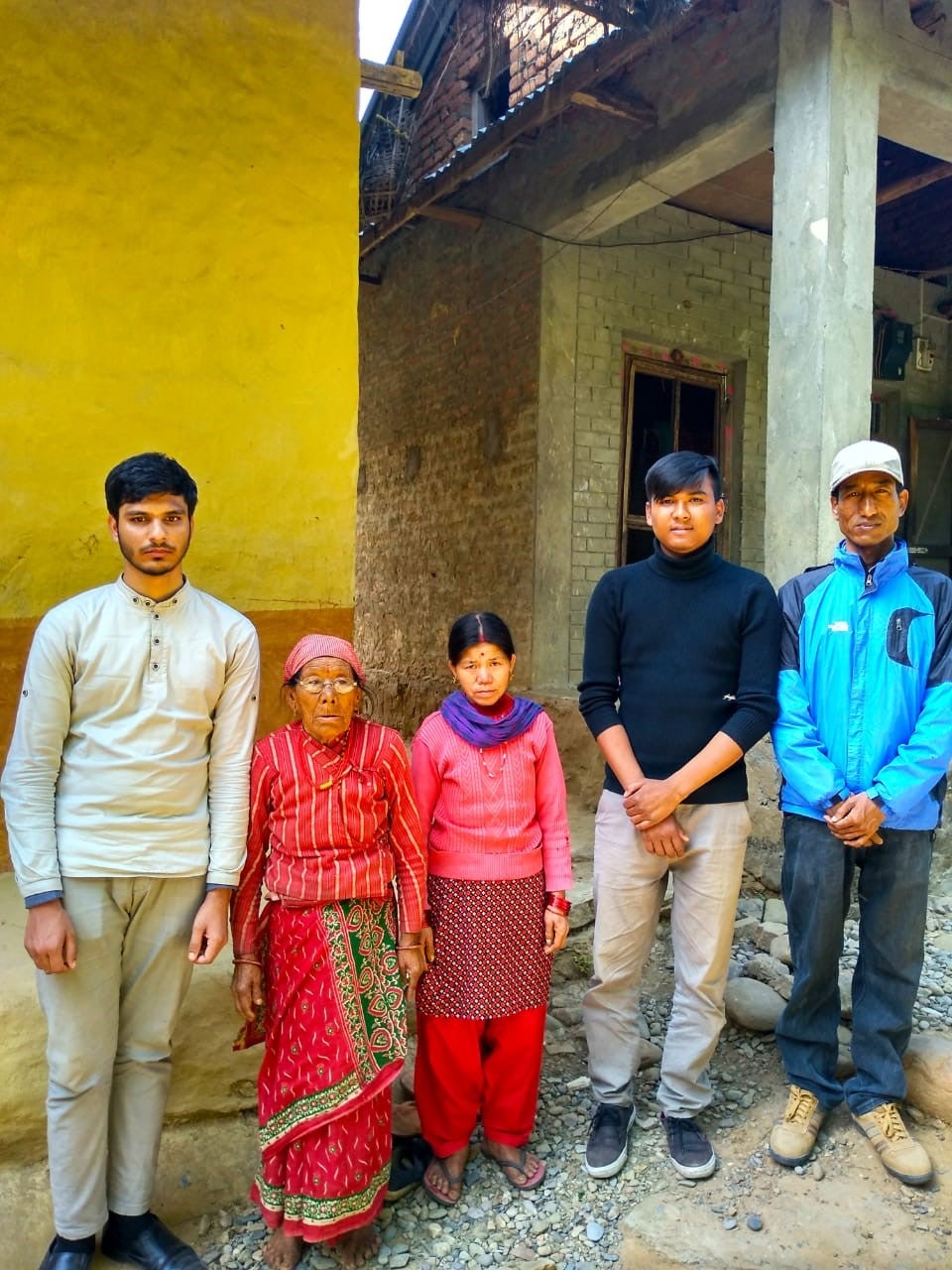
Arnab Chaudhary (Tharu) from Nepal
Arnab’s fellowship project, “Vanishing Language of Kusunda People,” is a radio program series about the Kusunda Peoples promoting and strengthening their critically endangered language and culture. He has produced three episodes for Radio Kusunda Aawaj. The latest episode highlights Kusunda culture by interviewing Gyani Maiya Kusunda and Kamala Kusunda elders. Although plans to continue his project have been placed on hold temporarily, Arnab is creating material on the impacts of coronavirus in his community, as there is a gap in communication between the State government and his people about the virus. He hopes to raise awareness about COVID and COVID prevention in Tharu.
Listen to Arnab’s latest productions here:
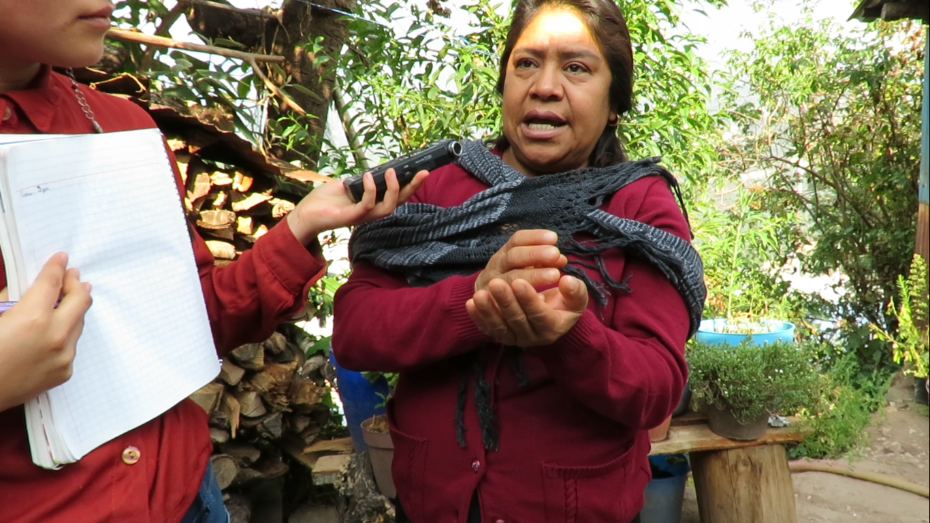
Estrella Jhonaí Gutiérrez Vásquez (Mixe) from Mexico
Estrella’s fellowship project, “TYIKYËË’NYËM TYIK’Ä’JTSYËM YË N’ÄÄTS YË NKUKOJ” (Taking Care and Feeding Our Roots to Make Them Bloom), aims to strengthen the Ayuujk language. With the suspension of schools, she has been unable to organize workshops with children in Ayuujk and Mixe. She has created an alternative solution by obtaining literary texts and audios to continue their learning. Her efforts will be aired on the local community radio station, Radio Jënpoj. She is also interviewing elders on traditional medicinal plants in Santa María Tlahuitoltepec. Translating the names of plants into the mother tongue enables people to continue learning the language while learning about traditional medicinal practices to prevent and overcome coronavirus. Estrella collected recipes for special baths and drinks for treating fever and coughs all using local plants.

Luis Enrique Amador Tlatilolpa (Náhuatl) from Mexico
Luis’ fellowship project, “Creation of Audiovisual Content in Náhuatl,” focuses on revitalizing Náhuatl traditions and language to address the intergenerational language gap. He recently produced a video in Náhuatl on how to prevent coronavirus to share on social media platforms, making information about the virus accessible to the Xochinanacatlan, Puebla community members. Due to the suspension of schools he has not been able to continue his work in implementing his Náhuatl language education campaign. He recently completed a video on human body parts in Náhuatl and he is finishing a documentary on how people of his community collect firewood and highlights stories behind the usage of firewood in daily activities.
Watch a video on human body parts in Náhuatl:
Watch a video on prevention measures for COVID-19:

Bryan Edmundo Garces Guatatuca (Kichwa) and Maholy Gabriela Garcés Guatatuca (Kichwa) from Ecuador
Bryan and Maholy’s fellowship project, “Wawa Yachay,'' promotes the Kichwa language among children and youth. They have completed radio spots one on origin of Kichwa language and on Kichwa music. Although workshops have been temporarily suspended for COVID reasons, they are creatively working with youth in the community on ancestral knowledge practices through audiovisual activities. Bryan is striving to engage youth in transmitting messages using Kichwa rap on the radio, hoping this will encouraging youth to speak Kichwa.
Listen to the Wawa Yachay radio program:
Virginia Salcedo Rosa (Aymara) from Peru
Viriginia’s fellowship project, “Workshops for Youth on the ILO Convention 169 on Indigenous and Tribal Peoples in Indigenous Languages,” aims to educate youth in Aymara and Quechua to revitalize and strengthen their rights. During this difficult time of despair and economic loss, Virginia is doing her best in staying in touch with youth from the National Network of Indigenous Communicators of Peru and Pachamama Radio (REDCRIP-Puno) and encouraging them to be informed on the impacts of COVID-19 and to share traditional practices such as cultivating Indigenous food to maintain health, in overcoming the pandemic.

Carolina Trayen Rain Ancan (Mapuche) from Chile
Carolina’s fellowship project, “Strengthening Mapuche Communication in the Budi Territory” is about using community media and Mapuche oral traditions and knowledge in audiovisual technology. She has completed two videos on Mapuche music that come from the heart to bring joy to the community when working with the land. Due to COVID-19, her travel is limited and she unable to reach the radio station WK Radio to air her programs. In the meantime, she is recording stories in her village and capturing Mapuche daily life.
Watch the Machatun Purrun video:
Watch the GvI Wanglen video:
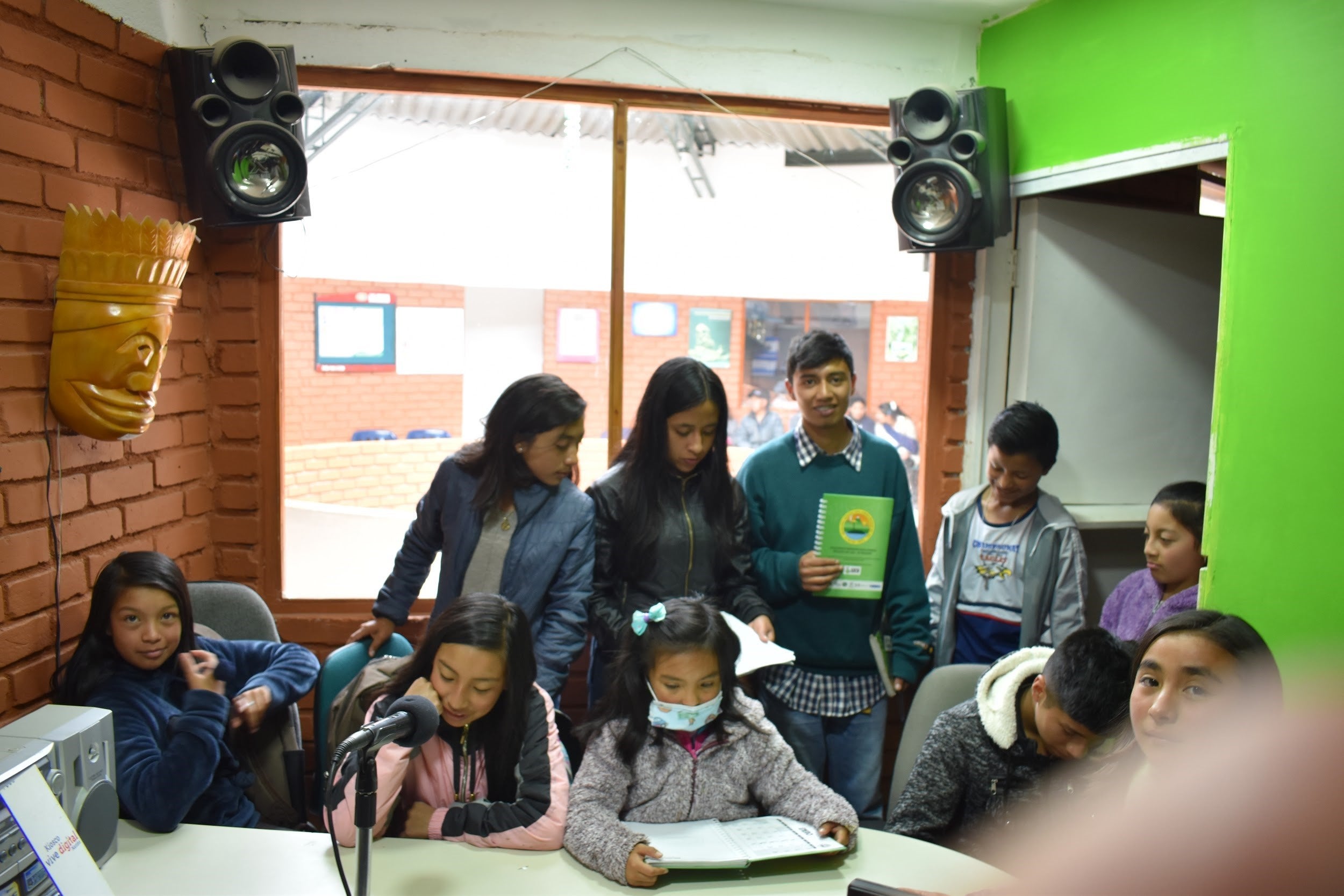
Juan Pablo Jojoa Coral (Quillasinga) from Colombia
Juan’s fellowship project, “Sacred Plants, Traditional Medicine of the Siona, Cofan, Huitoto, and Quillasinga Peoples” aims to document and protect sacred ancestral medicinal plants of his people. He started a group for young Chasquis to learn about different ways of communicating with the land and medicine through listening to stories of elders. As part of his project, he will carry out audio editing workshops with youth and children and produce radio programs from the collection of elders’ stories. A Chasqui from the community, Edgar Ruiz, will accompany him in this process. Strict quarantine measures have temporarily paused the workshops. In the meantime, Juan produced a short video promoting Quillasinga culture and food production to inspire the next generations to continue cultivating their own food and taking care of the land.
Watch a video on Quillasinga traditions:
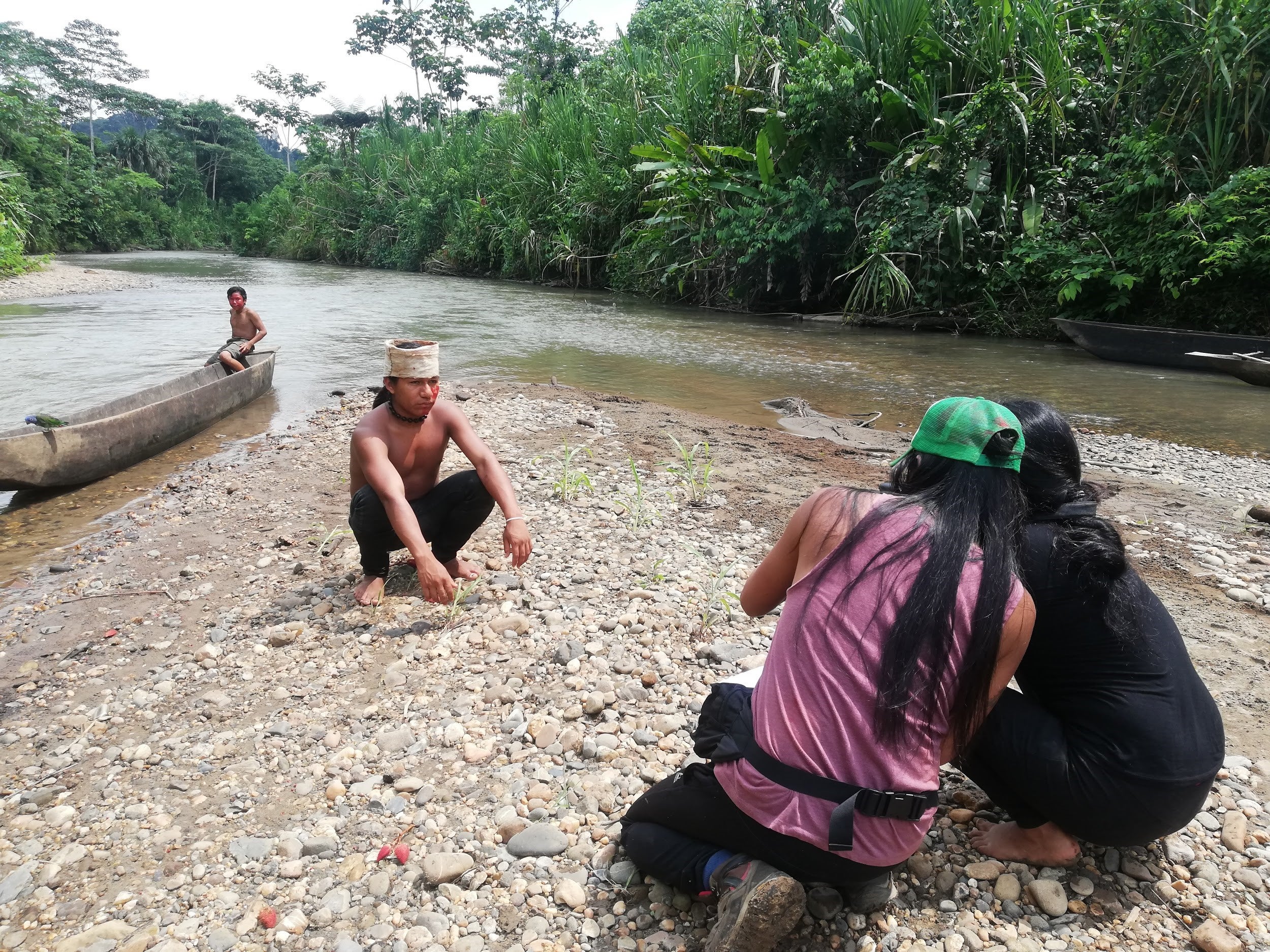
Lino Tupuk Tsamach Wampash (Sapara) from Ecuador
Lino’s fellowship project, “Strengthening communication processes for the "Tsitsanu" school,” aims to build capacity for youth in video and audio production. During the COVID-19 pandemic, his community has been able to vigilantly prevent the virus from entering their community and he was able to organize an audiovisual workshop. Lino and students from the Tsitsanu school participated in a capacity building workshop in audiovisual, photography, production, and editing. They are in the process of finishing short videos on the protection of the Sapara territory, dreams, culture and knowledge. The video below shows behind the scenes of the productions. Stay tuned to see the final version of their completed videos.
Watch video footage of Tsitsanu students:
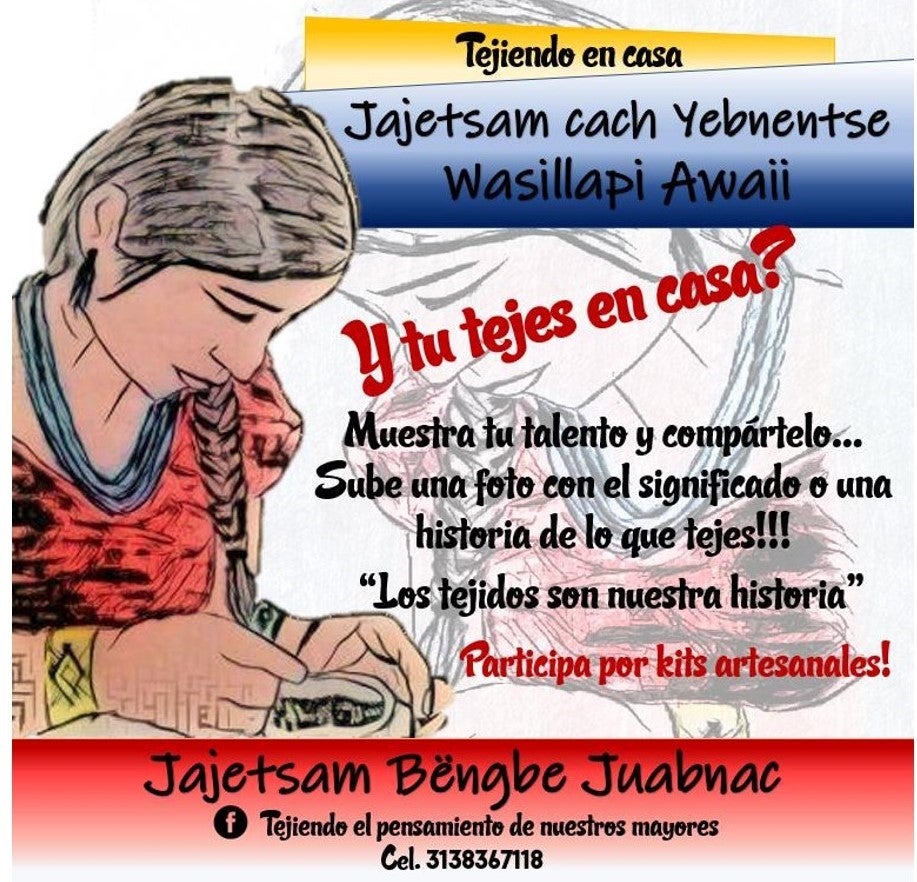
Lorena Jamioy Tisoy (Inga-Kamëntsá) from Colombia
Lorena’s fellowship project, “Jajetsam Bëngbe Juabnac” (Weaving the Thought of Our Elders), seeks to strengthen ancestral knowledge and history through storytelling at local radio station, Radio Waishanya. Due to COVID-19 and strict government curfews, travel has been a challenge as communal spaces have been closed and social gatherings limited. Lorena launched the Jajetsam cach Yebnentse -Wasillapi Awaii (Knitting at home) campaign, as a pilot for streaming online the workshops to continue her engagement and communication with fellow participants. JajetsamBëngbe Juabnaces seeks to strengthen weaving traditions because it is part of Kamëntsá-Inga history. She aims to continue this process online and produce a radio program to air on Radio Waishanya.
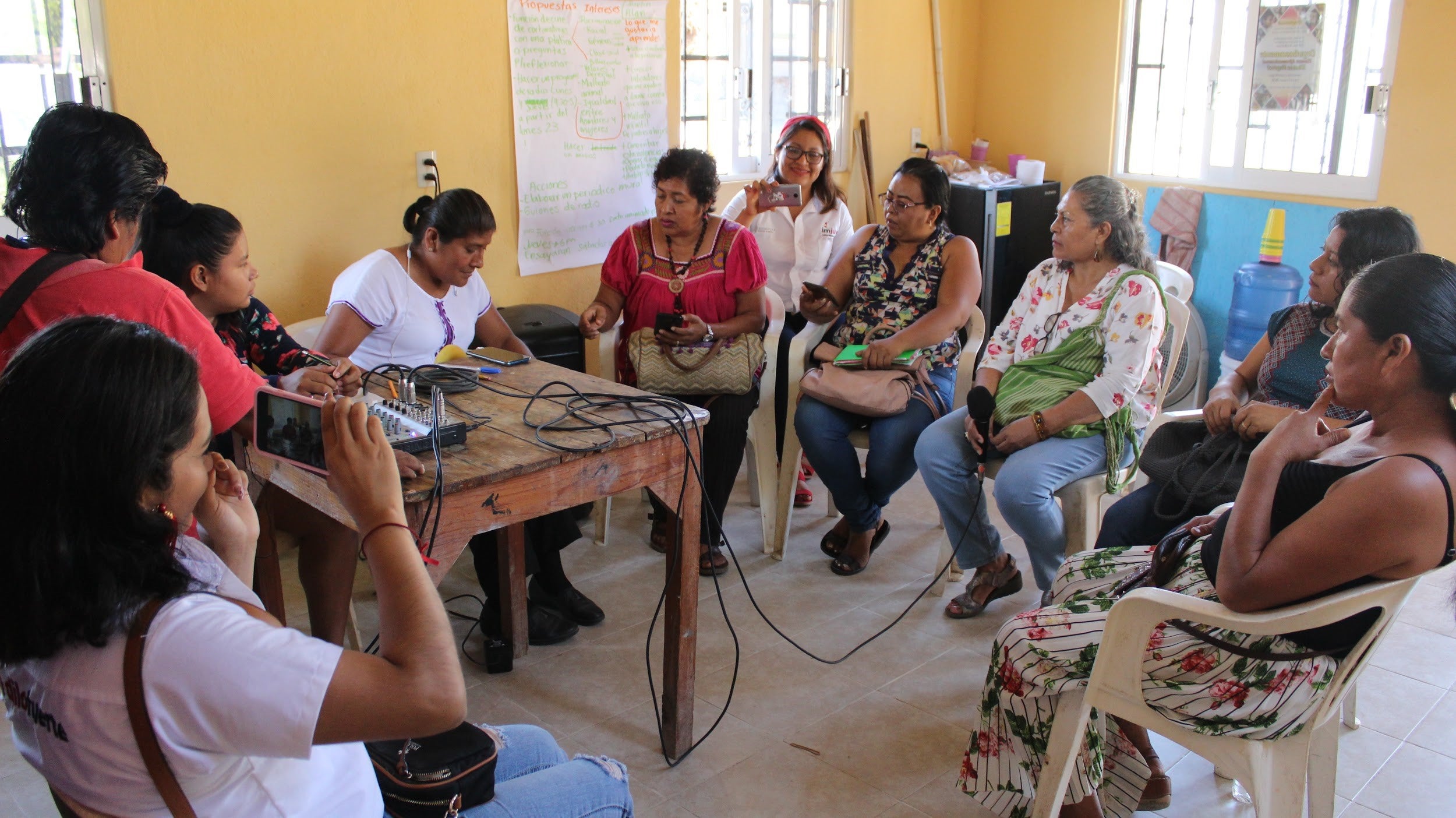
Liliana López Ortíz (Mixtec) from Mexico
Liliana’s fellowship project, "Our Women Know How to Organize to Live Well," highlights the stories of Indigenous women leaders, promoting their abilities and contributions to the community. At the moment, Liliana is unable to go out and travel to radio stations in other communities due to travel restrictions. However, she was able to organize a workshop with a group of Indigenous women in her community on communications and interviewed five women about their life stories to later broadcast on Radio Ñu Kaan, a local community radio station.
